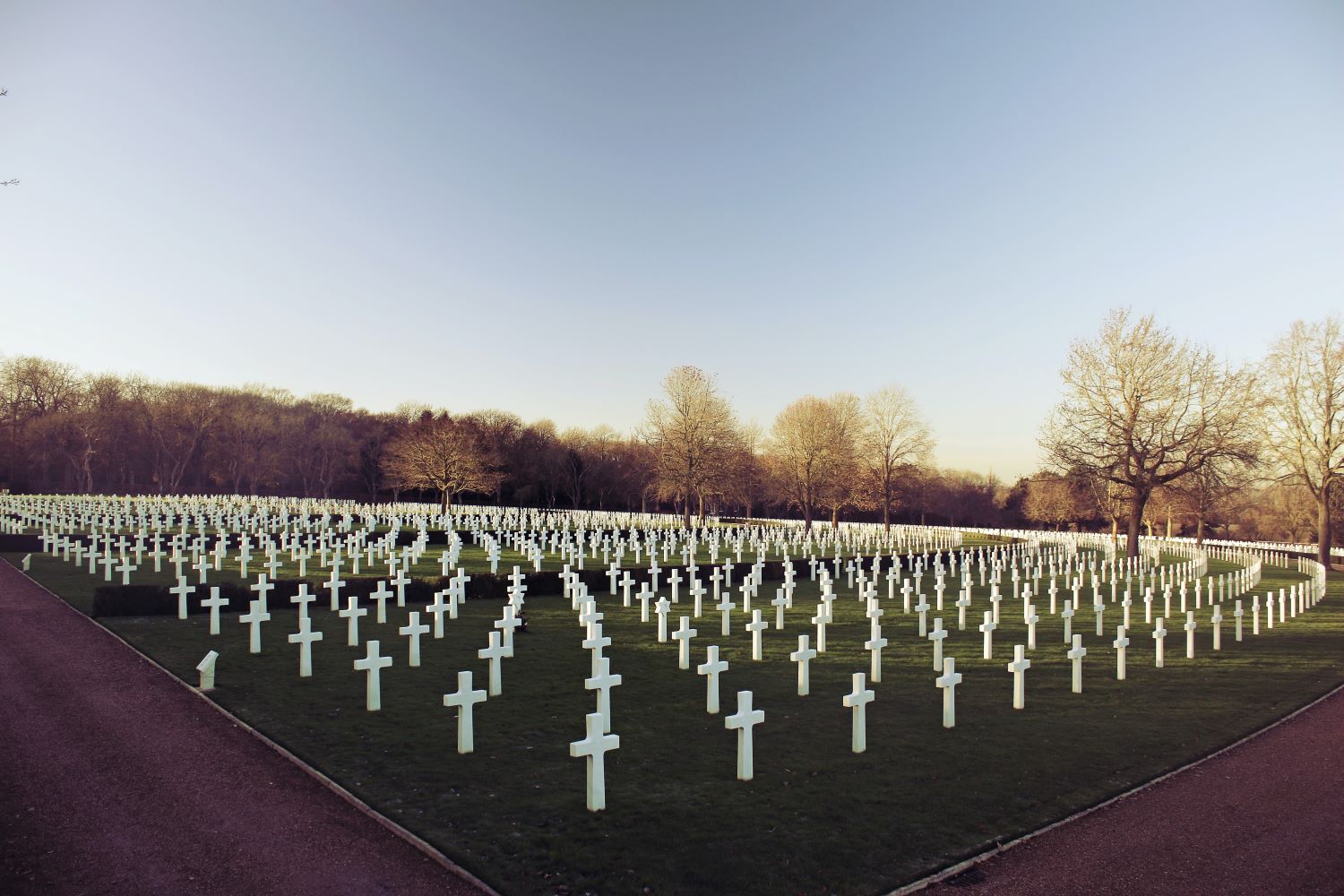5 Then the officers shall speak to the people, saying, “Is there any man who has built a new house and has not dedicated it? Let him go back to his house, lest he die in the battle and another man dedicate it. 6 And is there any man who has planted a vineyard and has not enjoyed its fruit? Let him go back to his house, lest he die in the battle and another man enjoy its fruit. 7 And is there any man who has betrothed a wife and has not taken her? Let him go back to his house, lest he die in the battle and another man take her.” 8 And the officers shall speak further to the people, and say, “Is there any man who is fearful and fainthearted? Let him go back to his house, lest he make the heart of his fellows melt like his own.”
Deuteronomy 20:5-8 (ESV)
Is peace designed to recoup man’s strength for war, or is war meant to secure peace? Which serves the other? Which is the means, which the end? Deuteronomy 20:5-8 teaches that peace is ultimately superior, though it may take war to secure it.
For the Israelites, there were four exemptions from military service:
- Anyone who had built a house but had not yet dedicated it was exempt. This dedication was not so much a ceremony as initiation of its use.
- Anyone who had planted a vineyard but had not yet enjoyed its fruit was excused from service. In Hebrew culture, cultivating a vineyard was a five-year process (Lev.19:23-25).
- Anyone who was betrothed to a wife but had not yet consummated his marriage was exempt from service. Deuteronomy 24:5 specifies the length of his exemption to be one year, just long enough to consummate the marriage and see the birth of an heir.
- Anyone who was afraid of battle was free to go. The reason for this was explicit: fear spreads through an army like gangrene.
These exemptions were given in the context of God’s sovereignty—the Lord Himself would fight for His people; the victory would be His (vv. 1-4). They could do with fewer soldiers since their strength lay not in numbers but in God’s presence with them in battle.
The first three exemptions reminded them why they were fighting. The Lord gave them the land so they would “live in safety” (vv. 12:9-10), cultivate it, and flourish in it (v. 7:13). Building homes, tending vineyards, and marrying were the essence of the life God intended for His people. Should this way of life end, then war in defense of these things would be pointless.
The fourth exemption underscored the importance of war; it called for the best efforts of the brave. A nation fielding conflicted cowards will fail to achieve a just and lasting peace.
Many clergy are all too ready to preach a peace of appeasement and endless talk. Armed violence is virtually unthinkable to them. But this is not the peace of Scripture. Rather, shalom is a matter of comprehensive well-being, of health and harmony, of the fulfillment of God’s good purposes. It suggests the picture of a happy family seated under their bountiful fruit tree beside their home. It is essentially a heavenly vision, one to be cherished and defended on earth, even by force of arms. But men must never think that combat is man at his best. If that is their frame of mind, they have no heart for heaven.
